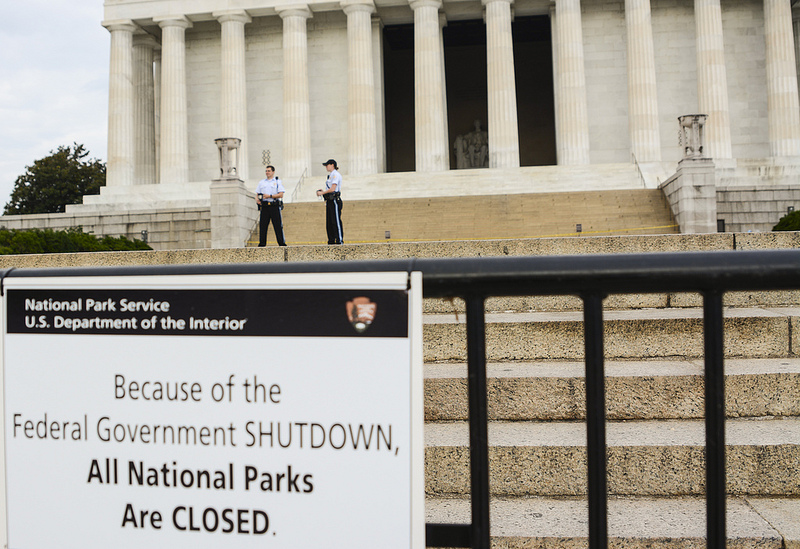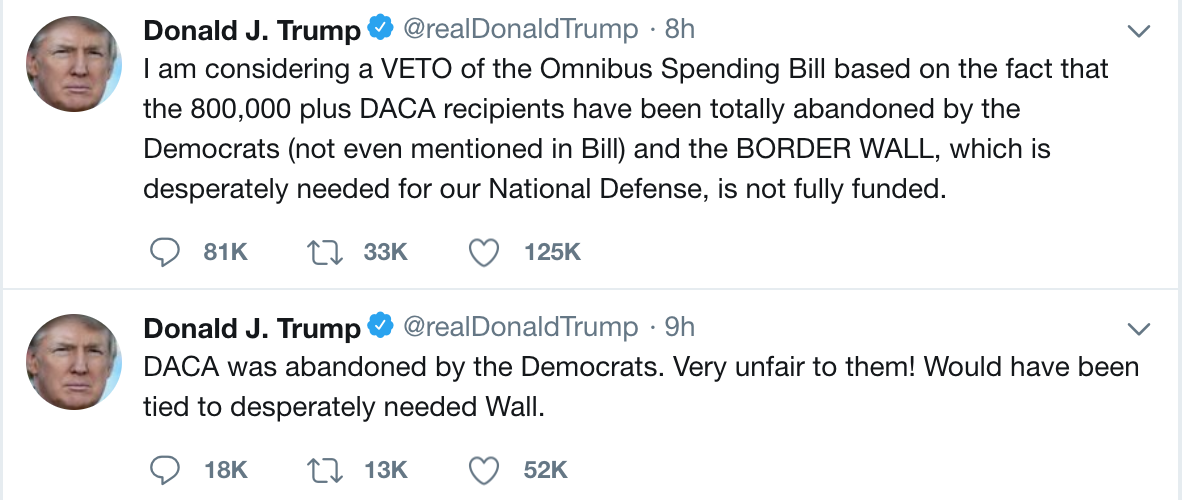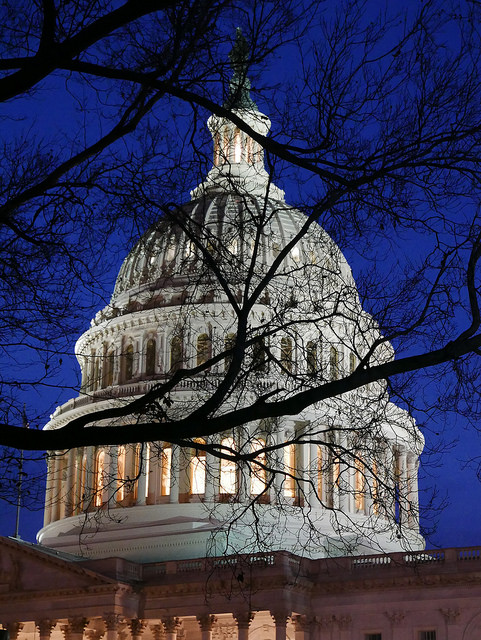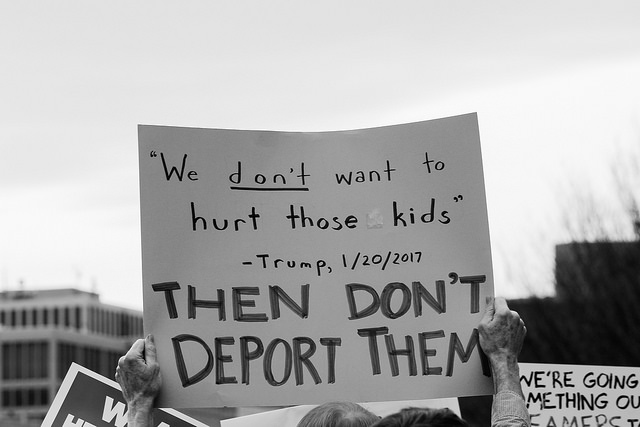
Photo credit: Scott Kirkwood/NPCA
Today marks the fifth day of a partial government shutdown that began on Saturday. The government was forced into a shutdown after Democrats refused to concede $5 billion dollars to fund the President’s wall along the southwest border.
Since then, Democratic leaders in the House and Senate have not opened negotiations to appease the President. If a resolution is not reached before the end of December, it is highly unlikely that the President will receive the money demanded to fund the border wall. When the new House of Representatives convenes after the holidays, the Democrats will command a majority in the House of Representatives, making it more difficult for the President to obtain the necessary funding.
The government shutdown will affect various government entities including the Department of Homeland Security and Department of Labor.
Here’s how it will affect immigration:
EB-5 Immigrant Investor Regional Center Program:
Without congressional authorization to continue the EB-5 Regional Center Program beyond December 21, 2018, USCIS will not accept new Forms I-924, Application for Regional Center Designation Under the Immigrant Investor Program. Any Form I-924 applications that are pending as of December 21, 2018, will be placed on hold until further notice.
Per the USCIS Website:
“We will continue to receive regional center-affiliated Forms I-526, Immigrant Petition by Alien Entrepreneur, and Forms I-485, Application to Register Permanent Residence or Adjust Status, after the close of business on Dec. 22, 2018. As of Dec. 22, 2018, we will put unadjudicated regional center-affiliated Forms I-526 and I-485 (whether filed before or after the expiration date) on hold for an undetermined length of time.
All Forms I-829, Petition by Entrepreneur to Remove Conditions on Permanent Resident Status, filed before or after the expiration date, will not be affected by the expiration of the program.”
Continue reading
 Visa Lawyer Blog
Visa Lawyer Blog












